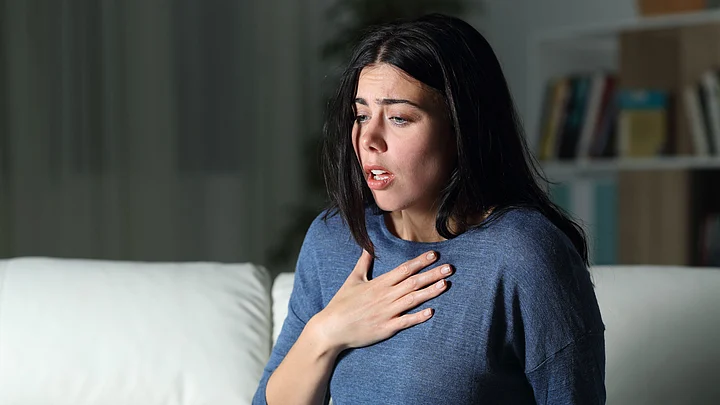The United States Preventive Services Task Force has defined anxiety as 'a chronic condition characterised by periods of remission and recurrence', and has recommended screening for anxiety, as well as depression, in adults.
In a statement released on their website, the panel outlines this recommendation for all adults of ages 19-64 years, including pregnant and postpartum persons, who are not showing any symptoms of anxiety and are not suffering from any mental health disorders.
The US Preventive Services Task Force is a panel of experts from around the country and is independent of the US government, which means that the recommendation is not an official decree.
Even so, this is the first time that a recommendation for such a move has been made in a bid to tackle the growing burden of mental health issues, particularly depression and anxiety disorders.
Is the Screening Method Foolproof and Sufficient?
With optimum focus on mental health, brief screening tools have been developed to identify anxiety in adults and provide primary care.
The panel recommends that mental health screenings be integrated into the routine visits with primary care physicians.
However, it must be noted that there isn't specific evidence to show that this screening method can identify anxiety in these adults acurately.
So, further diagnostic examination would be required to confirm the results if a person tests positive for anxiety in the screening.
The panel also acknowledges that there isn't enough evidence to suggest that the screening would necessarily bring down the rate of suicides – a leading cause of deaths in the US.
Despite these ambiguities, the panel has concluded that anxiety screening definitely has a 'moderate net benefit' for US adults.
Earlier this year, the USPSTF had issued a similar report on the recommendation of screening for anxiety in children and adolescents.
(At The Quint, we question everything. Play an active role in shaping our journalism by becoming a member today.)
